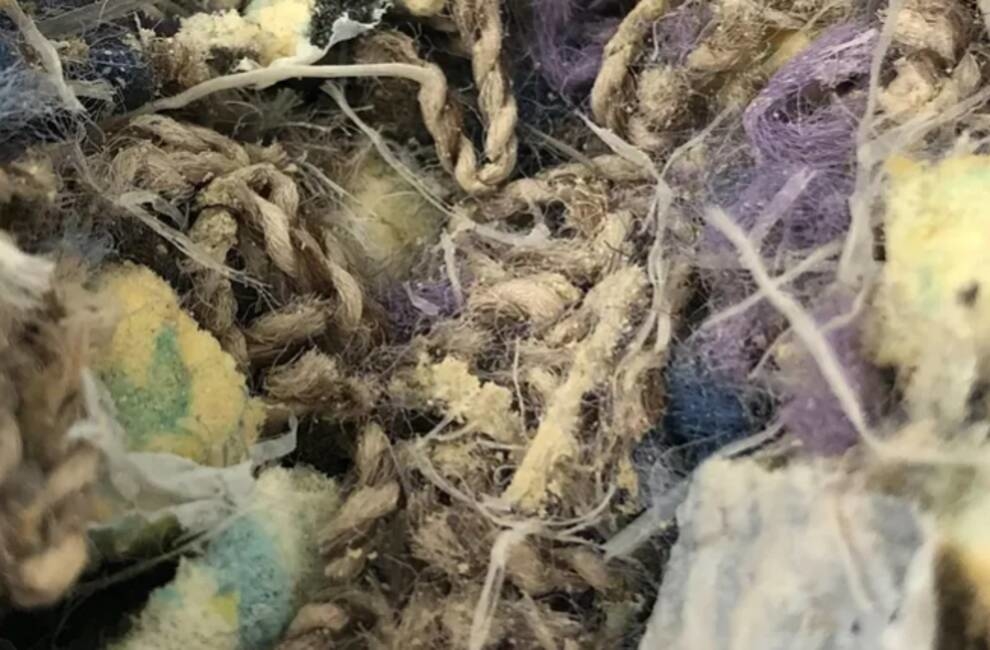
German scientists have learned to extract valuable raw materials from old carpets
German scientists have reached a new level of raw material extraction. They have developed a recycling process that uses old carpets.
The procedure for making raw materials begins with cleaning the carpet, grinding it, mixing it with a solvent and placing it in a special chamber. The fibers of the carpet dissolve, leaving behind a mixture of dyes and particulate matter.
In the next step, the solvent is separated from the resulting substance, which is based on polypropylenes or "pure standards." Scientists use the solvent for repeated procedures.
It is noted that the resulting substance can be used to make high quality products. While most recycled plastics cannot do this. Or in work it is used for low quality products.
At the moment, German scientists are working on increasing the frequency of using the solvent - reusing it. Technologists are also concerned with minimizing greenhouse gas emissions and energy consumption. It is assumed that if this figure can be kept at 1%, then the costs of such a process of creating raw materials will be able to compete with the costs of producing new plastic.
The technology is waiting to be tested on an industrial scale. This will happen at a factory that is engaged in the disposal of textile waste. Test "splitting" is carried out at the rate of 1 ton of old carpets per day.
In the future, German technologists plan to adapt the technology to the processing of other plastic waste.
Read also: The German company Mahle presented a non-magnetic motor for cars
The procedure for making raw materials begins with cleaning the carpet, grinding it, mixing it with a solvent and placing it in a special chamber. The fibers of the carpet dissolve, leaving behind a mixture of dyes and particulate matter.
In the next step, the solvent is separated from the resulting substance, which is based on polypropylenes or "pure standards." Scientists use the solvent for repeated procedures.
It is noted that the resulting substance can be used to make high quality products. While most recycled plastics cannot do this. Or in work it is used for low quality products.
At the moment, German scientists are working on increasing the frequency of using the solvent - reusing it. Technologists are also concerned with minimizing greenhouse gas emissions and energy consumption. It is assumed that if this figure can be kept at 1%, then the costs of such a process of creating raw materials will be able to compete with the costs of producing new plastic.
The technology is waiting to be tested on an industrial scale. This will happen at a factory that is engaged in the disposal of textile waste. Test "splitting" is carried out at the rate of 1 ton of old carpets per day.
In the future, German technologists plan to adapt the technology to the processing of other plastic waste.
Read also: The German company Mahle presented a non-magnetic motor for cars


